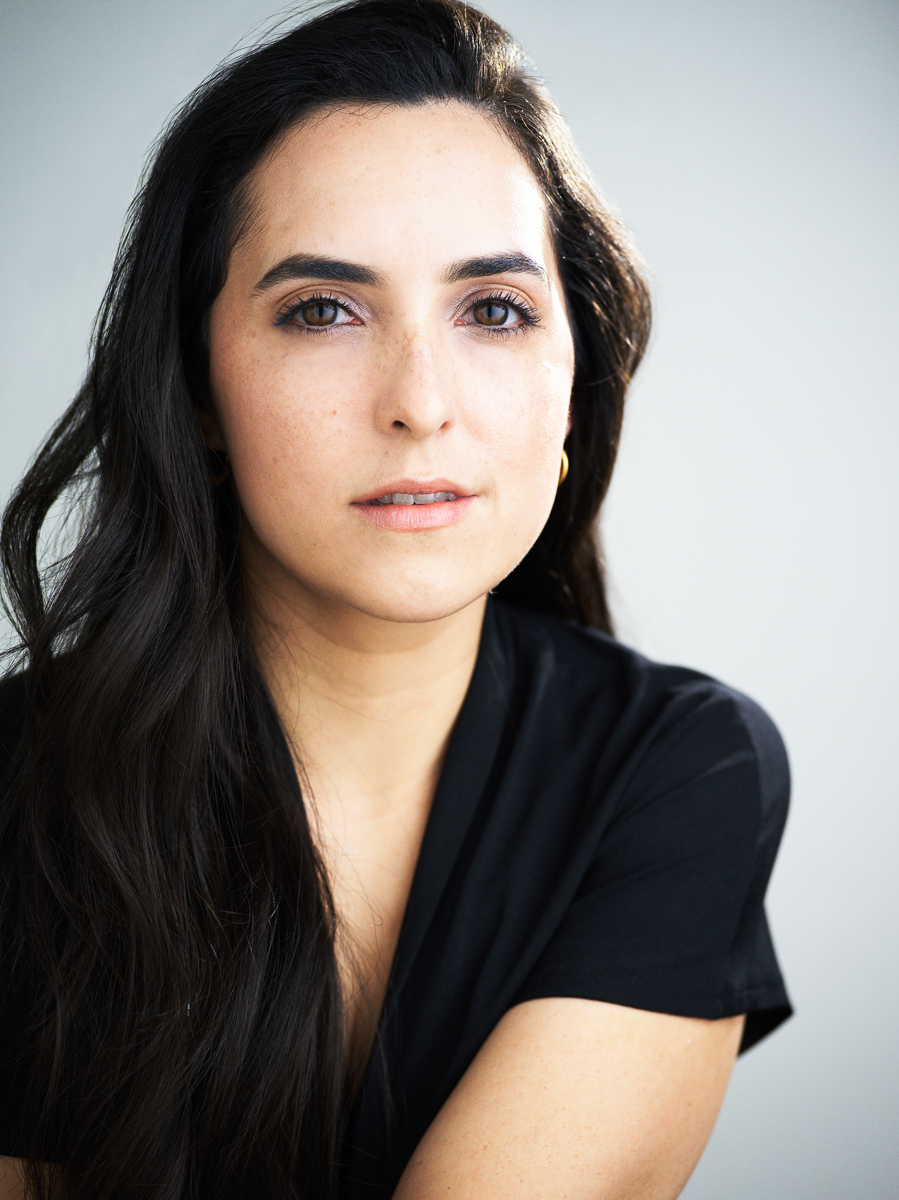We caught up with the brilliant and insightful Sam Reetz a few weeks ago and have shared our conversation below.
Sam, thanks for joining us, excited to have you contributing your stories and insights. Can you talk to us about a project that’s meant a lot to you?
I’m drawn to stories that inspire paradigm shifts – the stories that source character as a vehicle to reimagine possibilities, motivate a better global ethic, and drive deeper personal inquiry about our views towards systemic policies and practices.
One of my most formative projects to date was Don’t Schmuck It Up, a scripted web series and the first project we produced at Millennial Ethics. That project was my film school. I co-wrote, co-produced, acted in, and directed the series with a cast and crew of more than 45 people who volunteered their time and talent because we bootstrapped the show and we all believed in the vision. Back then (this was in 2016), conversations around women’s representation in sports and sports journalism had yet to reach critical mass in the mainstream. The series centered on two sports journalists skating through the world of competitive ice hockey and used comedy to defy stereotypes in everyday situations. It was also a project about solidarity, sisterhood, and allyship.
We were inspired by sitcoms and web series, such as The Office, I Love Lucy, and Broad City and films, such as Love & Basketball. When first making our rounds with the show, we were laughed at in many industry rooms and consistently underestimated. I remember thinking, why can’t the gatekeepers see its economic and social viability?! Of course now we have shows like Running Point and Women’s Sports Now, advertising campaigns like Nike’s “So Win”, gender parity initiatives like On Her Turf, F1 Academy, and Sportsish, venues like The Sports Bra, and teams like Angel City FC and New York Liberty. Every step forward helps to rewrite the playbook on how women in sports are seen, heard, and valued and it’s encouraging. The series still has such relevance and it’s one I’d like to see reach more screens.
Being with a project during its ebbs and flows taught me that the discipline and care with which I attempt to realize stories deemed too niche is my differentiator, to be unapologetic about being values-driven in my approach, and, quite frankly, to not give much agency to shallow criticism. My goal remains to steadfastly improve with every project.
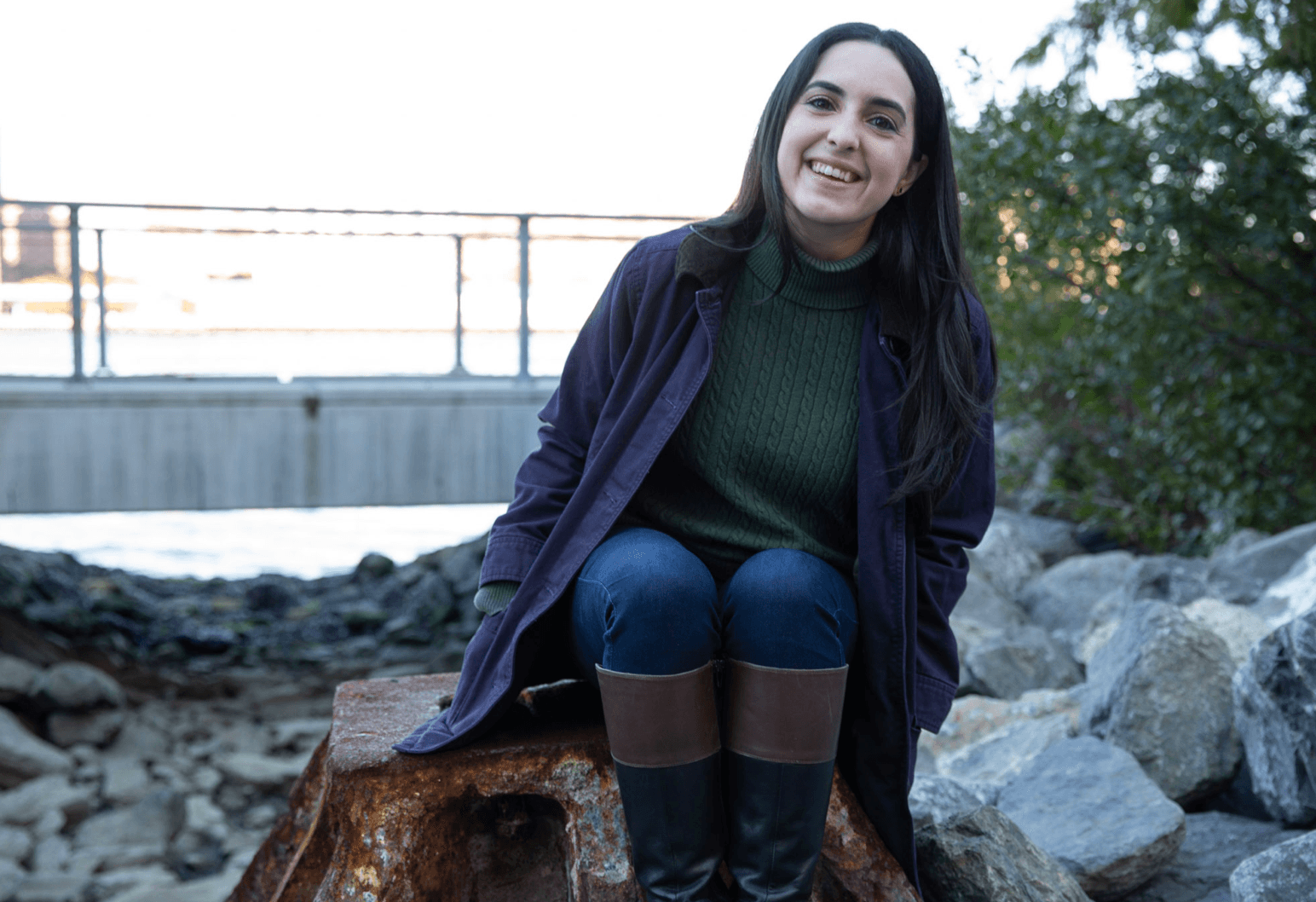
Sam, love having you share your insights with us. Before we ask you more questions, maybe you can take a moment to introduce yourself to our readers who might have missed our earlier conversations?
I primarily create and collaborate on fiction and hybrid projects that explore narrative solutions to complex issues. Every experience has deepened my appreciation for creatives and I’ve been fortunate to meet, work with, and learn from an interdisciplinary slate of collaborators along the way.
Performing in my early days took the form of classical ballet, piano, and local musical theatre productions and inspired my later training with CAP21, T. Schreiber Studio & Conservatory, Atlantic Acting School, Anthony Meindl’s Actor Workshop, Heidi Marshall Studio, and others. Think of me as a Brazilian-American Emma Watson or Zoey Deutch. The characters that most resonate with me encourage audiences to shift their perception, and my credits include Off-Broadway showcases, commercials, independent films, and digital series.
Behind the lens, I began as an intern for Ramaa Moseley’s The Brass Teapot, Atlantic Pictures, and Roadside Entertainment before taking on freelance roles in production and publicity. As a filmmaker, I’ve written, produced, and on occasion, directed generational portraits of social issues. I built Millennial Ethics from the ground up to tell original stories that encourage intergenerational policy debates and I’m most proud of our community-driven approach to storytelling. Our stories examine gender parity, unhoused communities, global protest songs, transportation infrastructure, and innovation. We also offer affordable creative services for brands and initiatives committed to storytelling for the public good.
I see the relationship between performance and filmmaking as symbiotic – each informs the other. My mission: to encourage audiences to change their lens on media, society, and culture – to think beyond the individual, take a closer look at what shapes the system, and motivate and mobilize their circles to do the same. By capturing the nuances of small moments that transcend physical and ideological borders, I hope to achieve artful resonance with my work and encourage public action. If you have a role or project in mind that’s synergistic, please say hello at [email protected] or follow me on Instagram @samreetzcloseup.
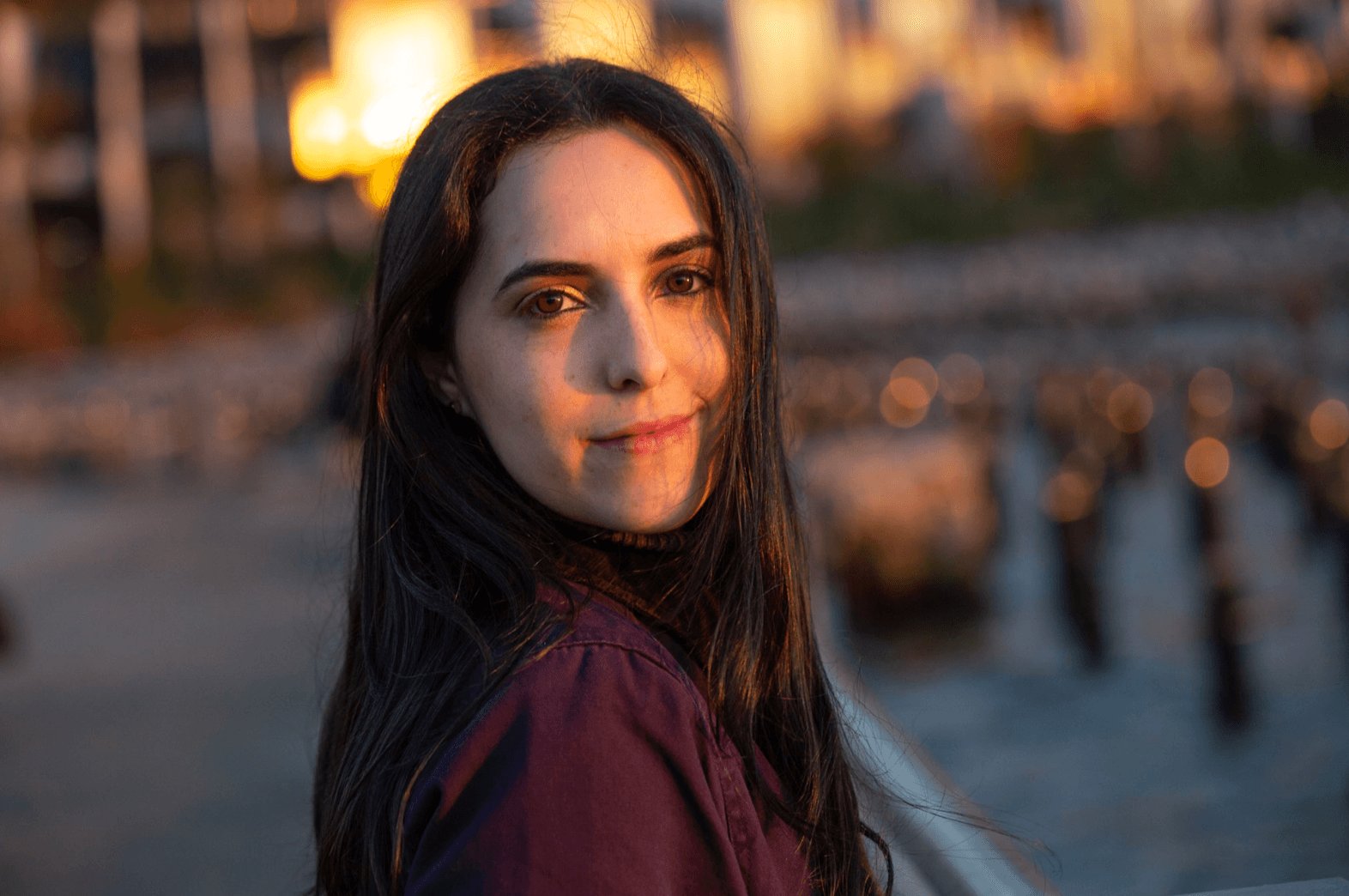
What can society do to ensure an environment that’s helpful to artists and creatives?
I would hope that society would progress to a point where our perception of value evolves. Artists have value. Executives have value. Ideas have value. Lived experiences have value. Our industry economics should equally reflect the capacity for mutual benefit in authentic collaboration and the need for diversity of thought in exploring sustainable solutions across cultural sectors.
Operating under assumption alone enables barriers to entry, whereas opportunities for good-faith conversations help to build community. Every lane of media and entertainment, and society in general, could benefit from less siloed frameworks provided that there’s a foundation of respect of person and craft to build upon.
I learned the hard way that you will encounter people in this business that question you to hinder rather than to help. It’s important to be aware of the distinction. The beauty of being a creative, however, is in your adaptiveness. I also believe there’s a certain amount of tunnel vision towards your goals that’s required for long-term success.
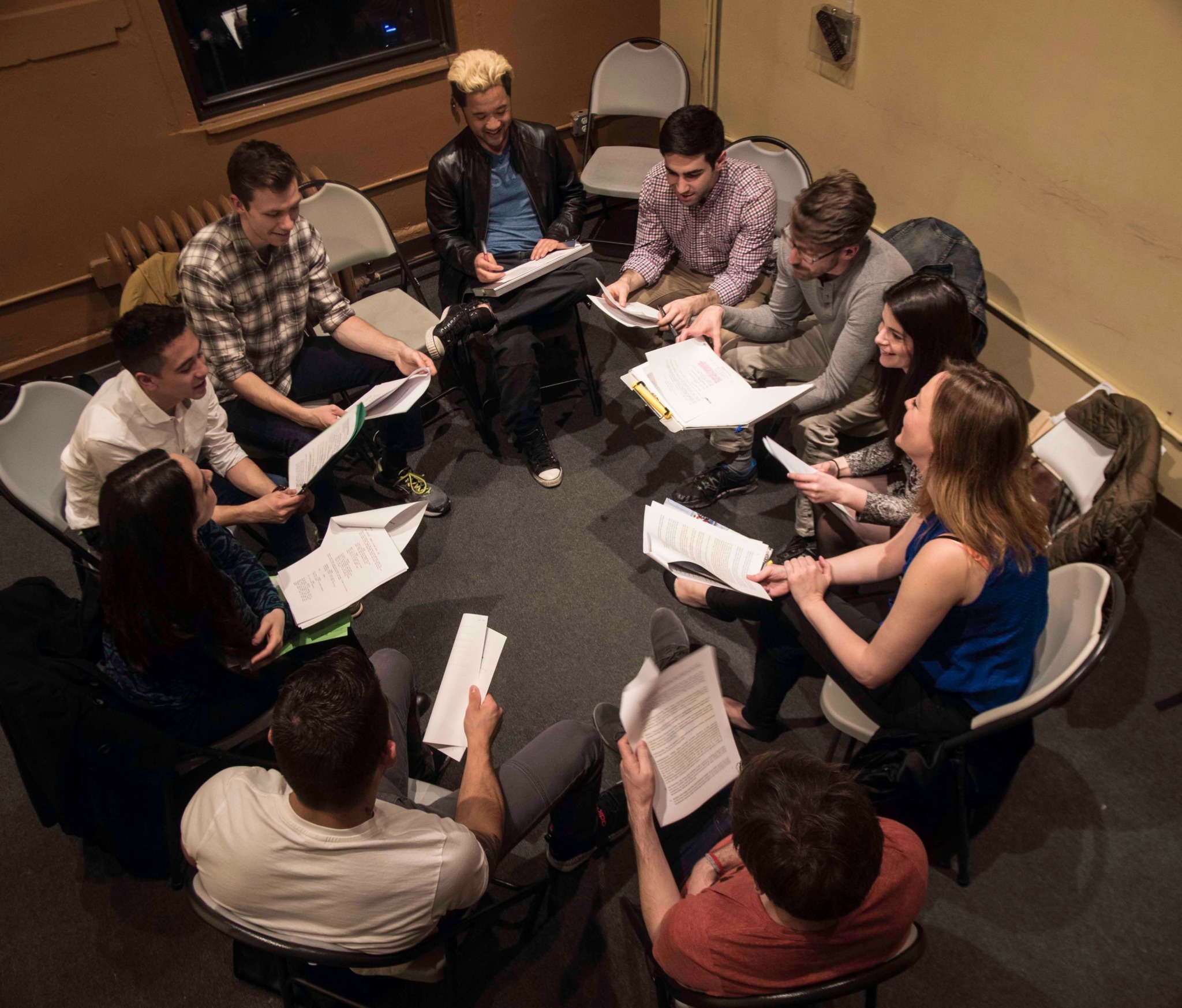
Looking back, are there any resources you wish you knew about earlier in your creative journey?
I could have benefitted from the clarity in my early years in identifying real vs. unreal momentum. I define real momentum as concrete pathways to achieve the next career step. I define unreal momentum as the promise of visibility absent growth potential.
Specifically, I wish there had been a direct apprenticeship or fellowship pipeline to unionization, especially a protections and benefits tier for working professionals who don’t yet qualify for full union membership. Access to stipends, salaries, and skills-building resources are helpful, but access to affordable health insurance and 401(k) planning for creatives, who traditionally have a less secure economic framework, is essential for longevity.
If you’re bootstrapping a small production company or storytelling initiative, you’re still in a position to offer real momentum through introductions or referrals. I keep a roster of freelancers on file for job consideration whenever someone in my network is in a hiring capacity. It helps to reaffirm to the creatives and gatekeepers alike that capacity building is a two-way street.
Contact Info:
- Website: https://bio.site/samreetzcloseup
- Instagram: https://www.instagram.com/samreetzcloseup
- Facebook: https://www.facebook.com/samreetzcloseup
- Linkedin: https://www.linkedin.com/in/samreetz
- Youtube: https://www.youtube.com/@millennialethics
- Other: Production Company: https://bio.site/millennialethicsVimeo: https://www.vimeo.com/millennialethicsSubstack: www.driveroute24.com
Bluesky: https://bsky.app/profile/driveroute24.bsky.social
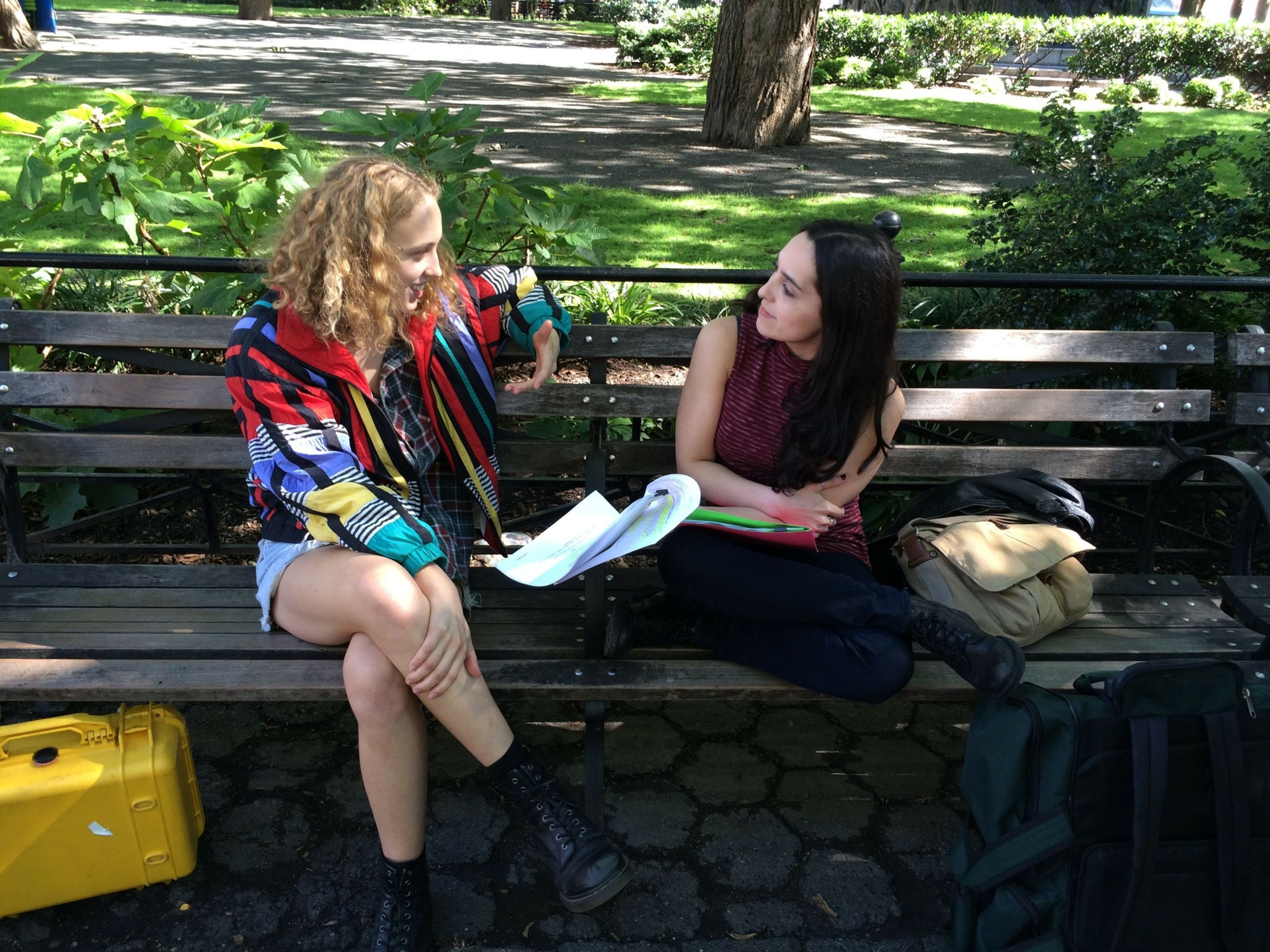
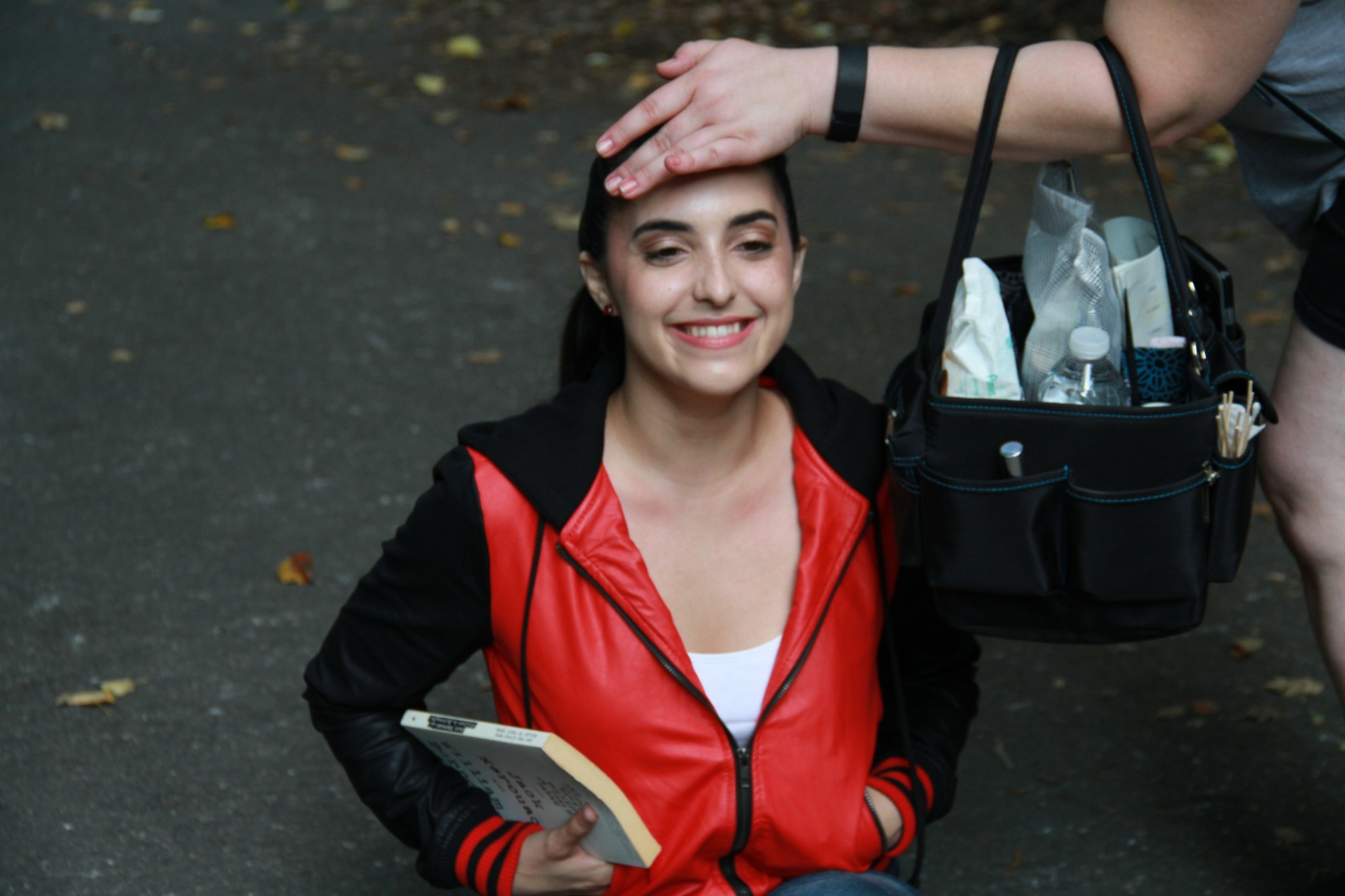
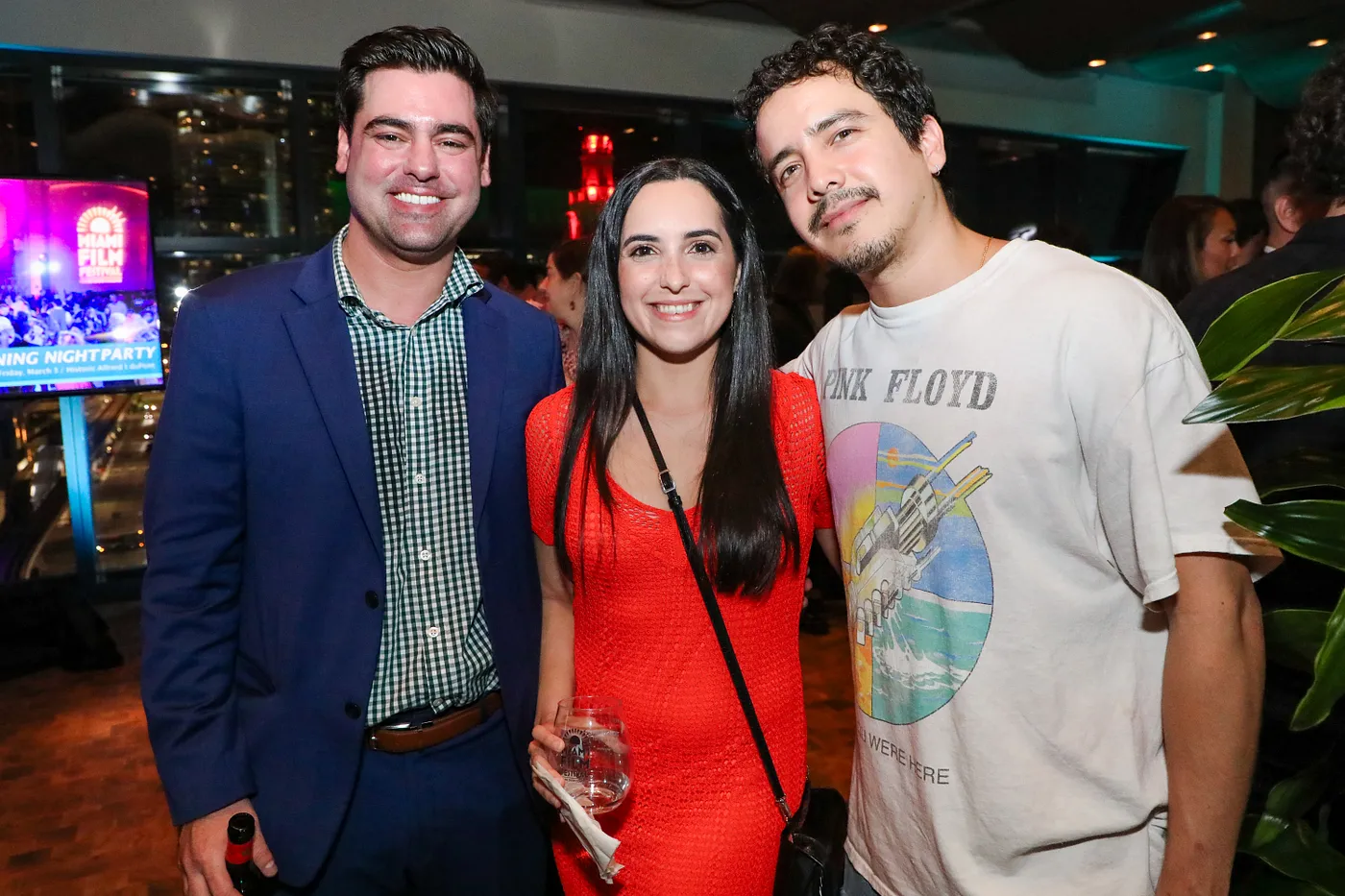
Image Credits
Jeffrey Mosier Photography
Francisco Valera Beauty
Daniel (Danny) Goldfield
Abraham Polinsky
Matthew Clements
Abigail (Chuyao) He
Millennial Ethics Productions
Miami Film Festival
Fernando Girardi Rivera


